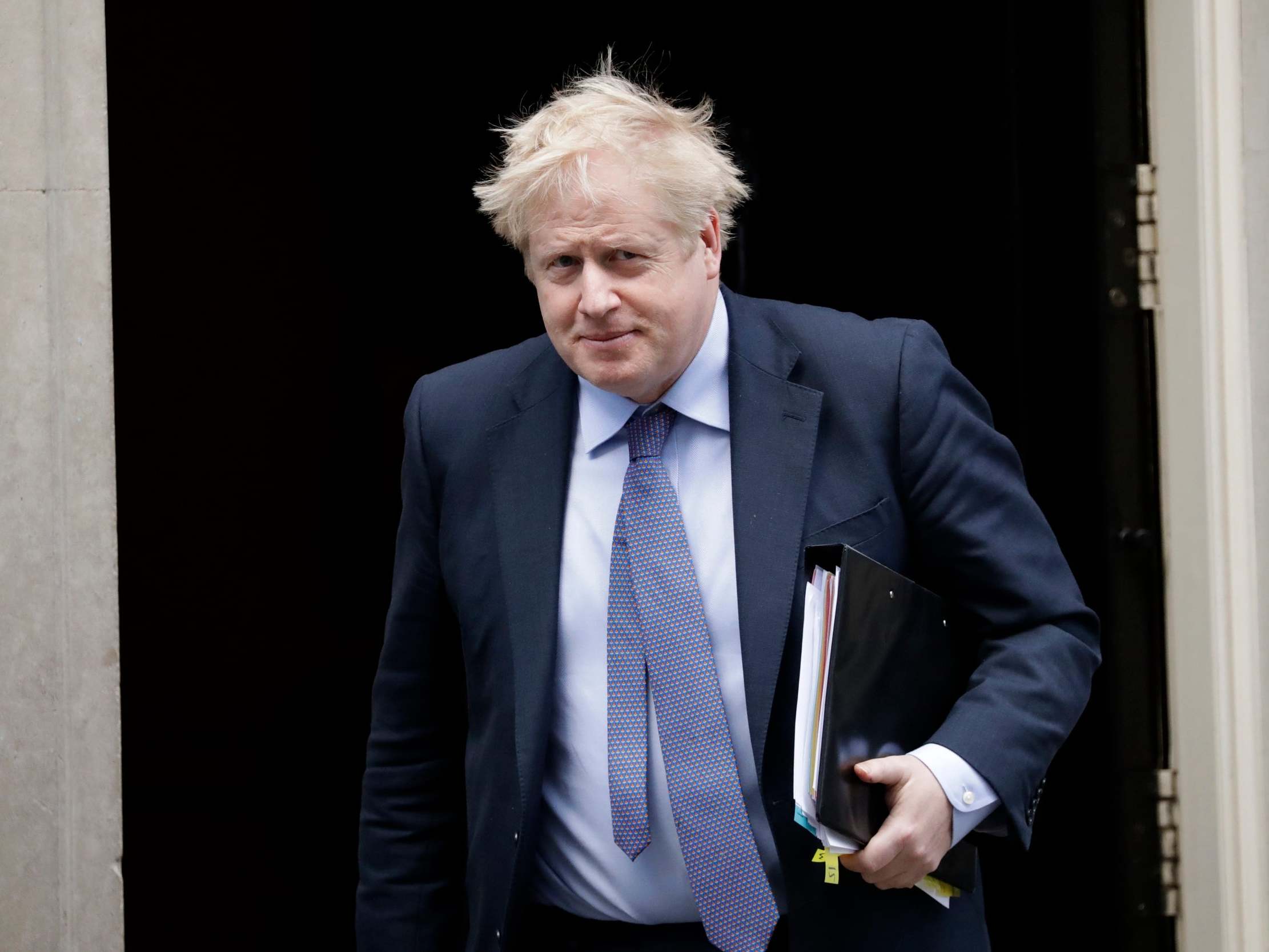The EU and UK may say they will rip each other apart in trade talks – but the truth is much more complicated
Boris Johnson will have to compromise – even if he will want it to look like he hasn’t backed down, writes Andrew Grice


The headlines suggest the talks between the UK and EU on a trade deal will be a bloodbath. “We are going to rip each other apart,” said Jean-Yves Le Drian, the French foreign minister.
David Frost, Boris Johnson’s chief negotiator, will probably return the French fire in a speech in Brussels on Monday night. He will likely say the UK is demanding only the same EU trade terms as Canada, Japan and South Korea, and call for a relationship “based on friendly cooperation between sovereign equals”.
This reflects Johnson’s determination, as one aide put it, that “we will not be a pushover in round two”. The 27 versus one nature of the withdrawal agreement talks allowed the EU to dictate terms. Symbolically, some of the trade negotiations will be held in London as well as Brussels.
Expect the rhetoric to be ramped up for a few months yet. Both sides are sabre-rattling, and setting out red lines that may or may not turn pink when serious horse-trading begins, probably in the autumn.
For now, both the UK and EU want, to paraphrase Johnson, to have their cake and eat it. So the UK demands “zero tariff, zero quota” trade without the “zero dumping” rules it knows the EU expects in return, via a “level playing field” on state aid, workers’ rights, tax and the environment.
For the EU, Le Drian gave the same game away when he suggested the UK would not carry on exporting 70 per cent of its fish to the continent unless European boats were allowed into British waters. He then added: “Fishing cannot in any way be a bargaining chip in the negotiations.” Stand by for months of fish and bargaining chips.
Johnson’s cabinet reshuffle can be seen as strengthening his hand in his arm-wrestling with the EU. He sacked Julian Smith, the Northern Ireland secretary, who almost resigned when a no-deal exit loomed last year and might have quit if “no trade deal” came into view ahead of Johnson’s 31 December deadline. (His sacking gave the lie to Team Boris’s claim the reshuffle was based on delivery, since Smith pulled off a coup by restoring Northern Ireland’s devolved government. The reshuffle was all about loyalty).
Sajid Javid’s departure removed someone who might have been anxious about moving to World Trade Organisation terms if no agreement is reached by December. He pressed for low-skilled EU migrants to be allowed to work in Britain for another two years after the transitional phase ends in December, but lost the battle. So the reshuffle means Johnson can now threaten the EU with “no deal” without fearing a wobble in his cabinet.
However, the prospects of a deal are not as bleak as they look. Even Le Drian’s “rip each other apart” quote at the Munich security conference was not as blood-curdling as the headlines suggested. He went on to say: “But that is part of the negotiations. Everyone is going to defend their interests.”
Of course they will. But there is scope for a deal if both sides want one. Johnson will have to give some guarantees not to undercut the EU that go beyond warm words. The way to hand Johnson his prize of diverging from EU rules while giving the EU some safeguards is through a robust system for resolving disputes, normal practice in trade agreements.
The EU will probably have to accept that the European Court of Justice (ECJ) does not have a role in this process. At present, it wants disputes to be referred to the ECJ if they raise a point of EU law. But having promised Brexit would mean the UK was taking back control of its laws, this is one red line to which Johnson will need to stick.
His handling of the withdrawal agreement suggests he might show some flexibility over EU rules, while inevitably declaring victory and hoping UK voters don’t think he has caved in. Tory MPs in the north and midlands do not believe Johnson is going to throw the manufacturing industries that employ many of their constituents under a Boris bus. While some trade friction such as customs and other paperwork is inevitable, these MPs will put him under enormous pressure if they think tariffs loom.
Johnson is prepared to accept an economic hit to allow the UK to diverge, but putting his new voters out of work might prove a political hit too far.
Join our commenting forum
Join thought-provoking conversations, follow other Independent readers and see their replies
Comments